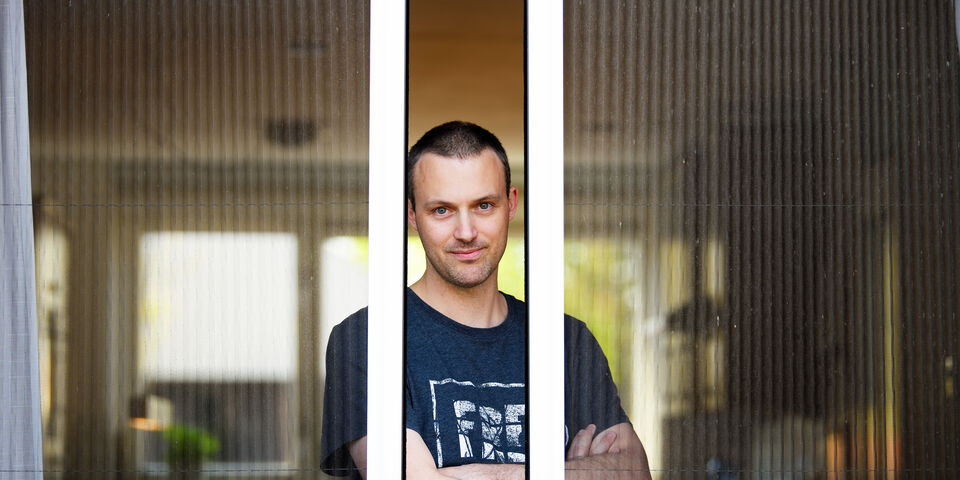Polderen and zwabberen
The new cohort of first-years taking my program consists, again, largely of foreign students and in a couple of weeks' time many of them will inevitably ask the question: “What makes the Netherlands so special?” They know all about windmills and clogs, of course, but what's the real key? When I am asked this question, my answer is always simple. In the Netherlands it all comes down to two notions: polderen and zwabberen.
Polderen and zwabberen are two words that pretty much defy translation, so right away they get a Dutch language lesson as well. Although zwabberen can also refer to the typical gait of a tanked-up student after the cantus, that's not what I mean. No, a nice example of zwabberen is how we Dutch use our language.
We speak English here - well, a version of it, that is, because that's the arrangement we've agreed on. But among ourselves we speak Dutch, unless a foreigner is present, then the Dutch switch to speaking English, even among themselves. This appears consistent, but it changes after about four or five years. Then we suddenly start to wonder why the person in question still doesn't speak any Dutch. A tip for the new cohort of students: learn the language, because in about four or five years' time you will be expected to speak it. This then is zwabberen. Today we do things one way, tomorrow we ask the complete opposite. And perhaps, a week later things might change back, just like that. Let's call this phenomenon 'see-sawing' or 'weaving back and forth'.
This habit rules have of continually changing is something that can be put down to the second notion: polderen, the Dutch way of reaching a decision. In the Netherlands there is no such thing as simply taking a decision. A decision is the culmination of endless meetings and listening to anyone and everyone who has an opinion to offer. Ultimately, every decision is a compromise. Thanks to this approach, meetings are rarely large and large meetings progress slowly, taking very small steps (naturally while weaving to the left, to the right). This relative stability has brought us prosperity, but this culture creates problems in how a crisis is dealt with, because then polderen doesn't work. Let's call it 'getting everyone on board' or 'consensus decision-making'.
Take corona. No country in the world has see-sawed and had as much consensus decision-making in its Covid-19 policy-making as the Netherlands. And the impact of this is tangible even today. Take the requirement to wear face masks. Do we have to or not? In our neighbouring countries, the rules on this are clear, but not in the Netherlands. Here, every institution decides for itself. Not necessary in stores, but mandatory in hospitals. At universities sometimes yes, sometimes no. You can't make heads or tails of it.
And yet I am happy with our culture of polderen and zwabberen, because looked at positively, they mean there is always something to complain about. And that is actually the third cornerstone of Dutch culture. We always complain about everything. So of course we'll complain about whatever policy an administrator in the Netherlands pursues. Here's another tip for our foreign students: go easy on the complaining, wait until you have mastered zwabberen and polderen.


Discussion